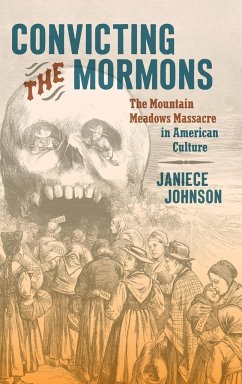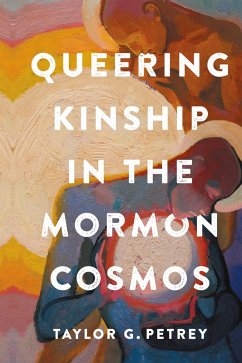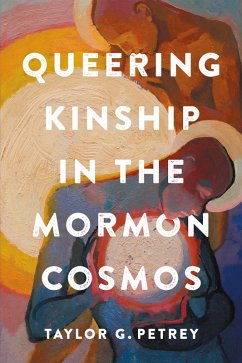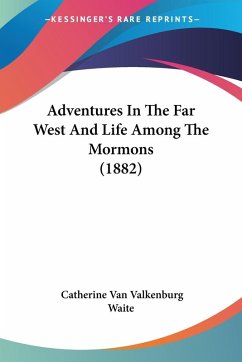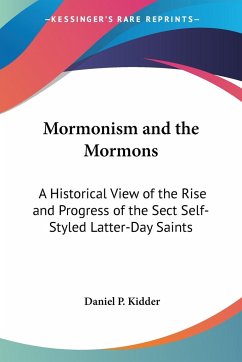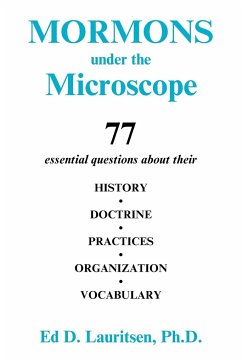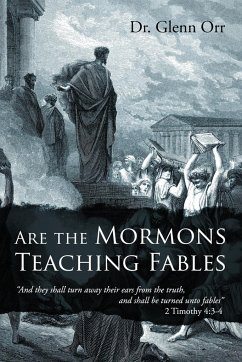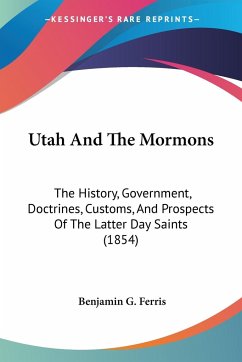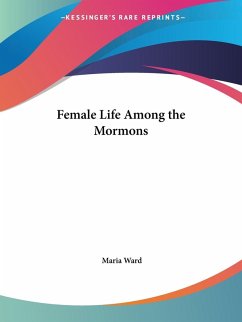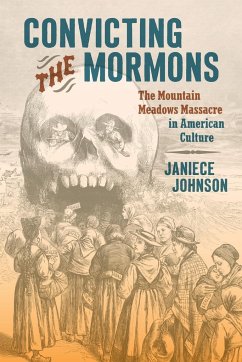
Convicting the Mormons
The Mountain Meadows Massacre in American Culture
Versandkostenfrei!
Versandfertig in 1-2 Wochen
33,99 €
inkl. MwSt.
Weitere Ausgaben:

PAYBACK Punkte
17 °P sammeln!
On September 11, 1857, a small band of Mormons led by John D. Lee massacred an emigrant train of men, women, and children heading west at Mountain Meadows, Utah. News of the Mountain Meadows Massacre, as it became known, sent shockwaves through the western frontier of the United States, reaching the nation’s capital and eventually crossing the Atlantic. In the years prior to the massacre, Americans dubbed the Church of Jesus Christ of Latter-day Saints the “Mormon problem” as it garnered national attention for its “unusual” theocracy and practice of polygamy. In the aftermath of the ...
On September 11, 1857, a small band of Mormons led by John D. Lee massacred an emigrant train of men, women, and children heading west at Mountain Meadows, Utah. News of the Mountain Meadows Massacre, as it became known, sent shockwaves through the western frontier of the United States, reaching the nation’s capital and eventually crossing the Atlantic. In the years prior to the massacre, Americans dubbed the Church of Jesus Christ of Latter-day Saints the “Mormon problem” as it garnered national attention for its “unusual” theocracy and practice of polygamy. In the aftermath of the massacre, many Americans viewed Mormonism as a real religious and physical threat to white civilization. Putting the Mormon Church on trial for its crimes against American purity became more important than prosecuting those responsible for the slaughter. Religious historian Janiece Johnson analyzes how sensational media attention used the story of the Mountain Meadows Massacre to enflame public sentiment and provoke legal action against Latter-day Saints. Ministers, novelists, entertainers, cartoonists, and federal officials followed suit, spreading anti-Mormon sentiment to collectively convict the Mormon religion itself. This troubling episode in American religious history sheds important light on the role of media and popular culture in provoking religious intolerance that continues to resonate in the present.




